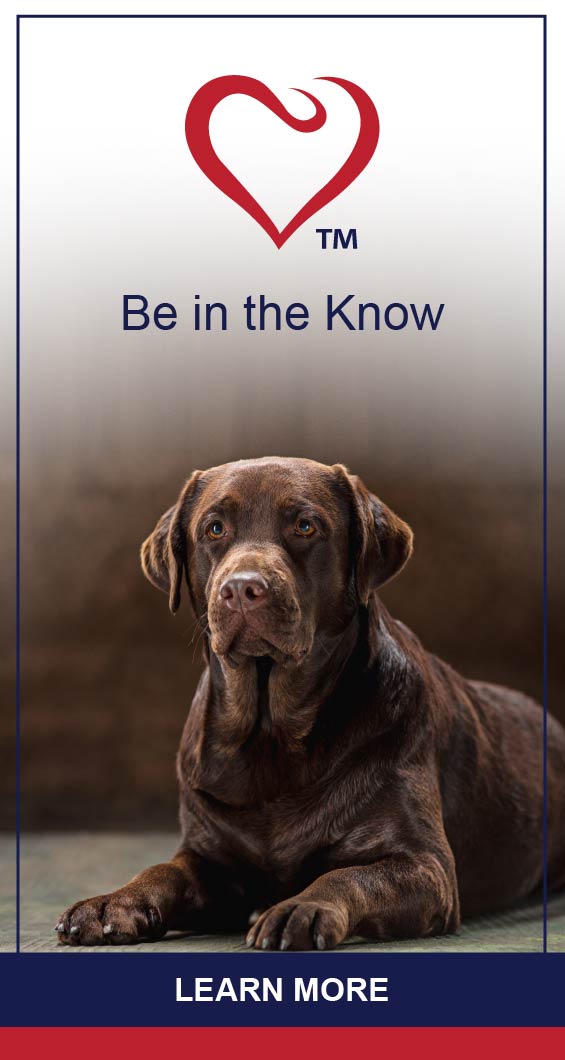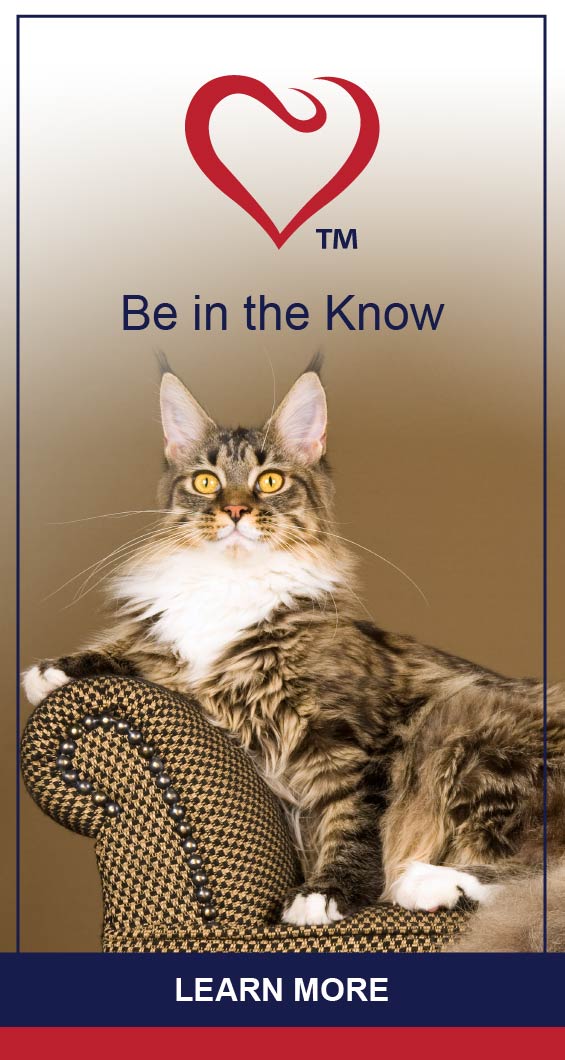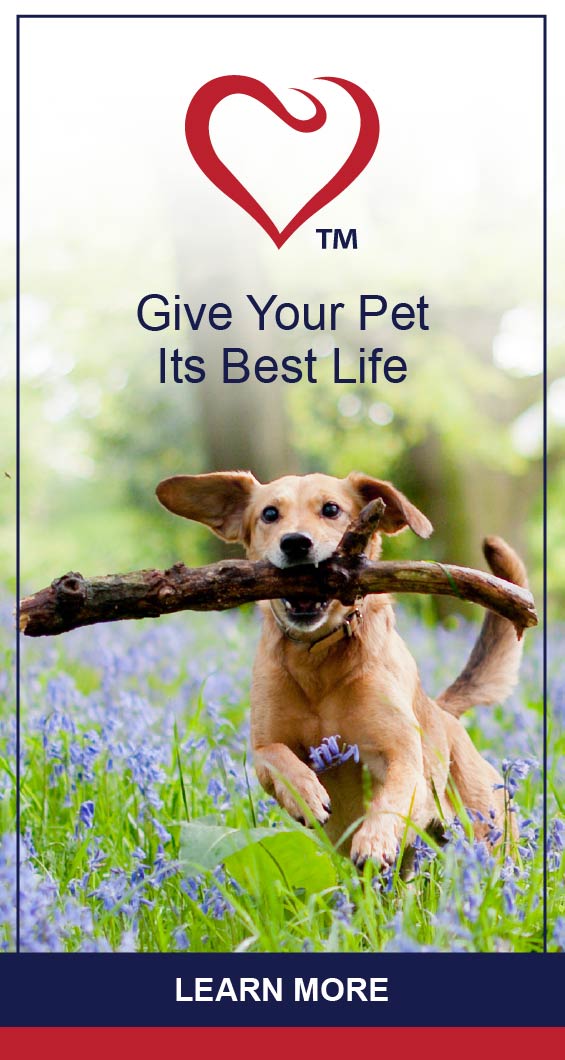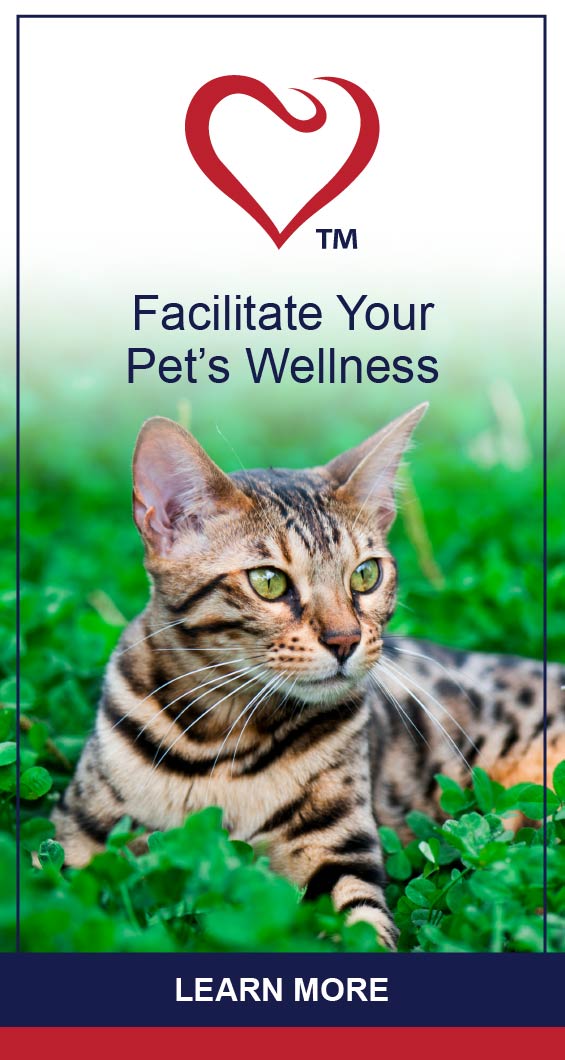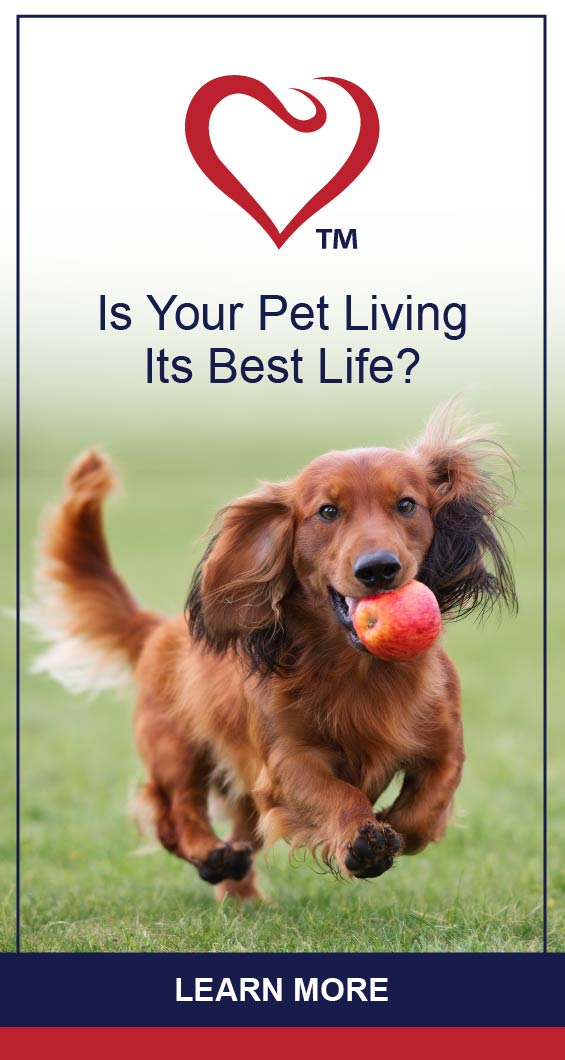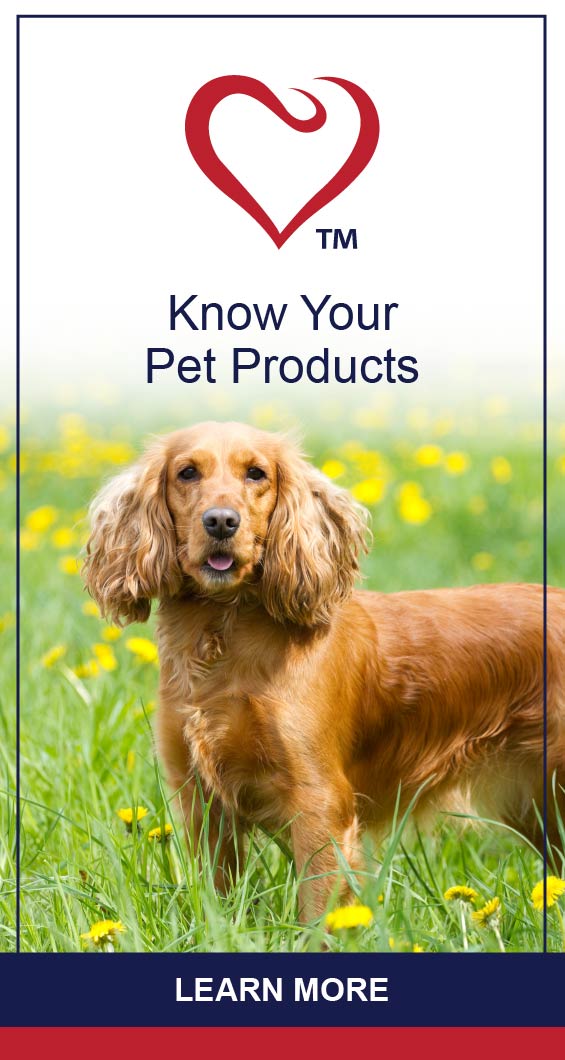HEALTH & WELLNESS

TRENDING

SIGN UP and Start Receiving
Our Monthly Newsletter,
The Chronicles
How To Help Your Dog Gain Weight
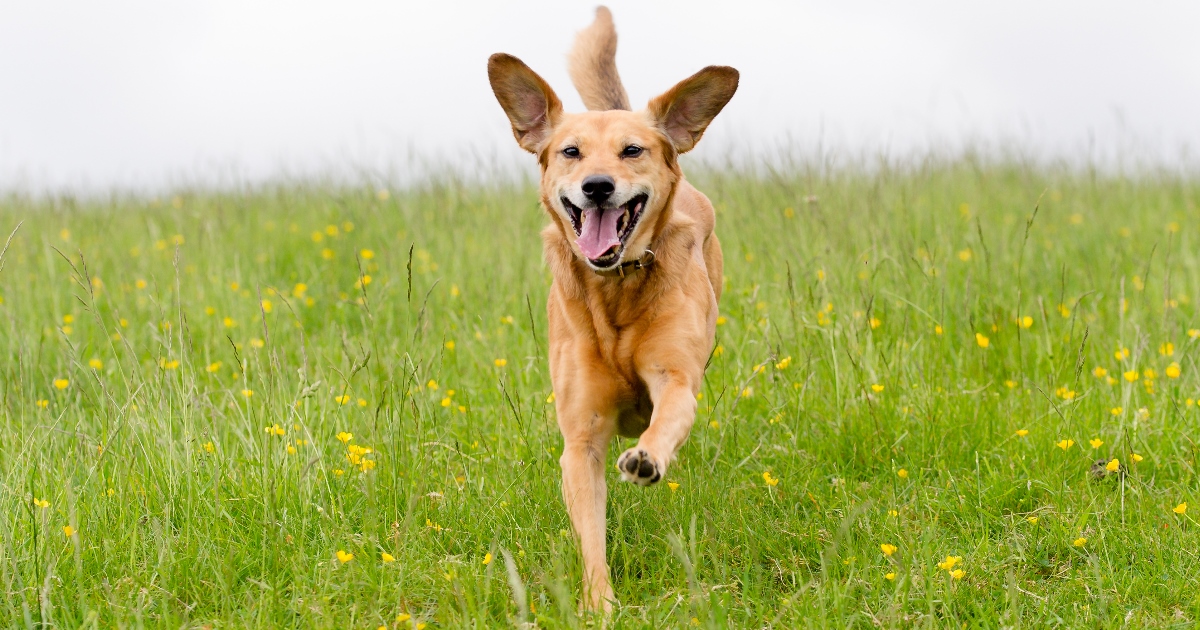
Although it is more common for dogs to lose weight, some dogs need to gain weight to achieve a healthy body condition. Weight loss can be the result of an illness or injury, surgery, being a former stray dog or simply a fussy eater.
Determine whether your dog is underweight
If you look at your dog from the side and can easily see their ribs or other bones, they are probably underweight. However, in some breeds, such as Greyhounds, the dog’s ribs show at a normal weight. Breeds with heavy coats need a closer look. If their hips protrude sharply, and their ribs are obvious and feel like they are covered with the thinnest layer of skin, they are probably underweight. If your dog is underweight, he will also have low energy and a dull coat.
What to feed your dog to help them gain weight
If your dog’s low weight is not due to a medical cause confirmed by your veterinarian, you can begin to help them achieve a healthy weight by first adding more calories to their diet with a weight-gain food comprising of a high energy density.
If your underweight dog is eating dry kibble, it should consist of around 30% protein and 17-20% fat. If they prefer wet food, it should consist of 7% protein and 5% fat or higher. Protein is an essential nutrient and an important source of energy. Their food should provide them with high-quality and highly-digestible protein which is easily absorbed into their body. Intermix your dog’s diet with small amounts of high-calorie supplemental canned food or products made of 100% meat sources. Fibre directly affects gut health and the quality of their stools and the right balance is very important.
Your dog should have more opportunities to eat throughout the day. Follow the feeding guidelines on the package and divide into small meals, fed throughout the day. This will protect their digestive system from unnecessary strain and put less pressure on their gastric tract, although they will still get the energy they need. You can also leave their daily food out all day (if they eat kibble) to allow them to eat whenever they are hungry, especially if they have a smaller appetite. If your dog is a fussy eater, add some wet food to their kibble to boost moisture and flavour while adding some extra calories. If they still refuse their food, you may need to switch to a different formula.
Smell and texture are most important to dogs, therefore encourage them to eat by choosing food designed for maximum palatability and the right volume and shape of pieces for the size and breed of your dog. Providing your dog with plenty of fresh water is essential for their overall health.
Your veterinarian may suggest feeding your dog more than the recommended amount on the package until he reaches a healthy weight. When this is achieved, cut back to the feeding amount recommended on the high-protein dog food package guidelines for weight gain. Ensure that your dog stays active and gets plenty of exercise.
Continue to monitor your dog’s weight with the right combination of food and feeding techniques, and speak to your veterinarian if weight loss continues. With the correct nutrition and special care, dogs can gain a healthy weight that is important for the effective functioning of vital organs, as well as supporting happiness and vitality.
Related Articles
